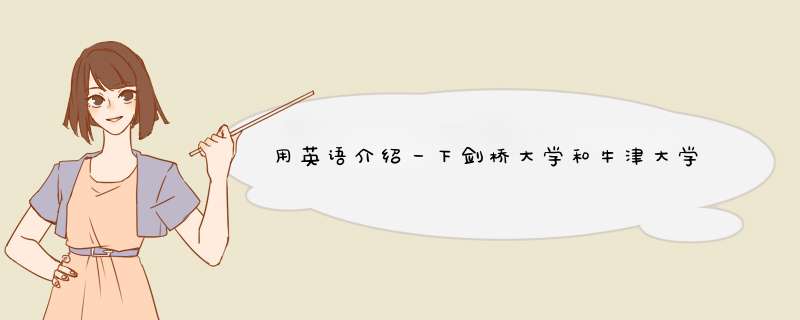
The University is a self-governing body: the legislative authority is the Regent House, which consists of the three thousand or so members of the teaching and administrative staff of the University and Colleges who have the MA (or MA status) or a higher degree. The principal administrative body of the University is the Council, which consists mainly of members of the academic staff elected by the Regent House. The General Board of the Faculties co-ordinates the educational policy of the University and the Finance Committee of the Council supervises its financial affairs.
As Cambridge approaches its eight hundredth anniversary in 2009, it is looking to the future. The modern University is an international centre of teaching and research in a vast range of subjects: about half of the students study science or technology. Members of the University have won over sixty Nobel Prizes.
It continues to change in response to the challenges it faces. The Vice-Chancellor, for instance, is no longer a Head of College, but is a full-time administrative appointment. A Development Office and associated charitable foundation is successfully seeking funds around the world for new ventures. The 1990s have seen a major expansion of University accommodation for teaching and research. There are many major new buildings either underway or already completed, including the Law Faculty building and the Judge Institute of Management Studies, in March 1996 opened by HM The Queen.
欢迎分享,转载请注明来源:内存溢出

 微信扫一扫
微信扫一扫
 支付宝扫一扫
支付宝扫一扫
评论列表(0条)